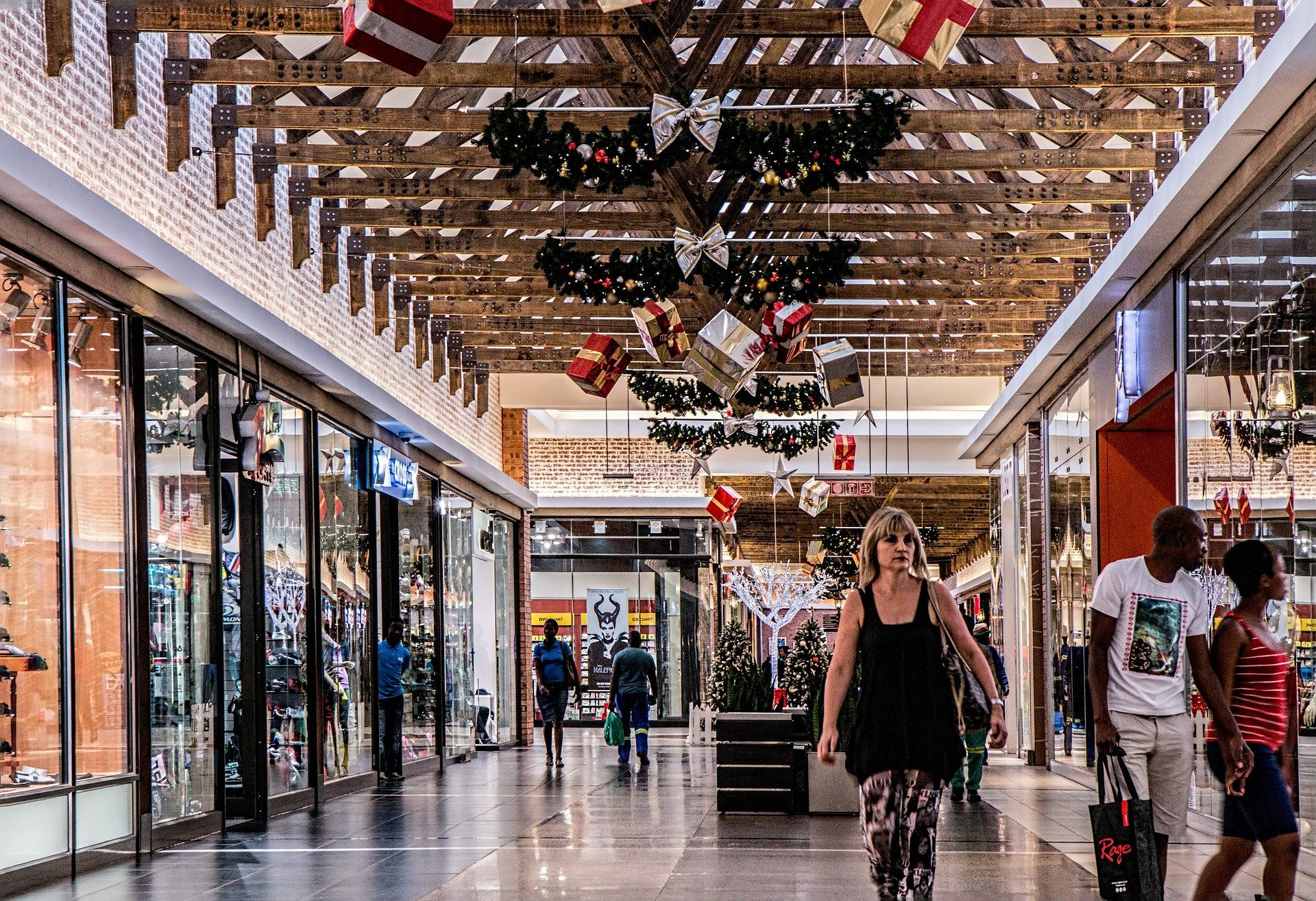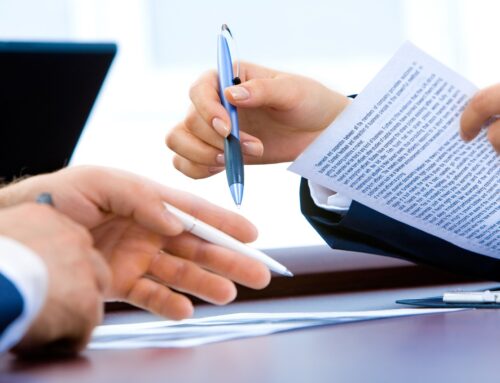COVID-19 has rendered this a crazy year on virtually all fronts. Given the uncertainty from day to day, many are wondering how the situation will affect Christmas shopping as we come into the season. During a regular year, we would expect crowds in malls, shopping centers and restaurants. In some states, those appear to be all but shut down in 2020. However, in Florida we do have all of those places open for the most part; and therefore a quick refresher course in liability laws for commercial property may be necessary.
Commercial Property Responsibility
Commercial properties like those listed above should provide a safe environment for visitors, tenants and workers. This is a reasonable expectation for anyone on premise.
If hazards do exist, such as a broken tile or a wet floor, the property owner has a responsibility to provide a warning to people onsite. This can either be by setting up a perimeter around the hazard, or blocking temporary access to the area where the hazard exists until it is remediated. If the property owner or property manager fails to warn people of a possible danger, someone could suffer serious injury.
During the holiday season, large crowds and busy stores may sometimes make it challenging for owners to stay on top of every inch of their property – but this will not be a legal excuse should you be sued in court.
If you personally trip or fall while in a mall, individual store or restaurant, a court of law may in fact rule in your favor, and determine the owner was responsible and liable for your injuries. There are several ways for a judge or jury to find a commercial property owner liable for this type of accident.
Employees May Be Responsible
Although the corporation is the entity which gets sued, a trip or fall is quite often the direct fault of the floor-level employees. Employees may spill something on the floor, or leave something in a high traffic area which can be tripped over. Other employees may notice the hazard but be too busy not to deal with it, or think that someone else will clean up the hazard. A court often determines that the property management or property owner is liable for the injury even if it was their employees who caused or ignored the problem.
Liability Laws and Knowledge of the Hazard
The court system may also decide to hold a property owner or manager liable under the “reasonable person standard”. If a patron or visitor were to experience a fall in a high trafficked part of a store, a judge may determine that it was a reasonable expectation for the typical employee to have been aware of the hazard that caused the fall (and in turn, remedy the situation.)
Commercial property owners or managers should always be aware of the condition of their property. They should also provide comprehensive training for employees as to the importance of keeping their eyes open for any possible hazards.
If you have experienced a trip, slip or fall in a commercial property, call Probinsky & Cole to help you determine your rights under Florida liability laws. Don’t suffer in silence of take a meager settlement from an insurance company – call today.








